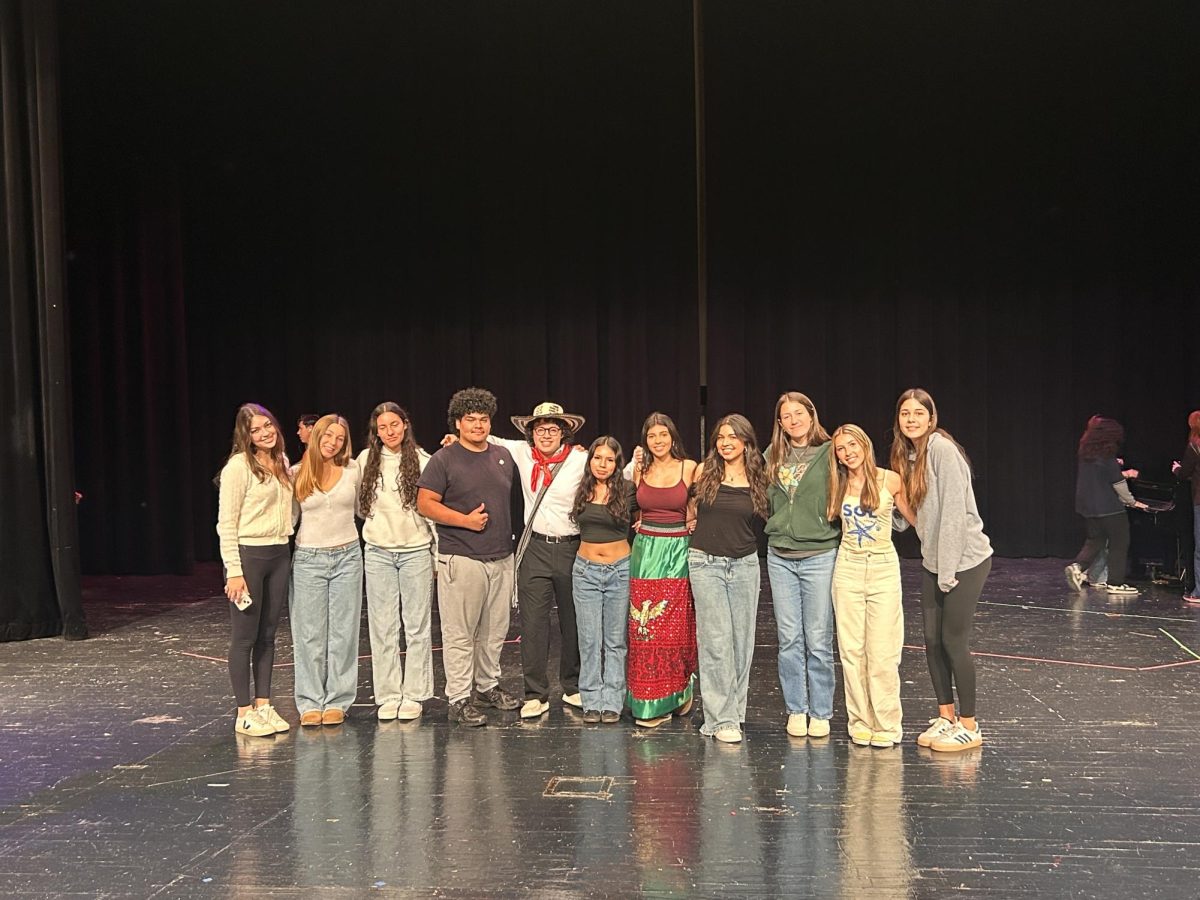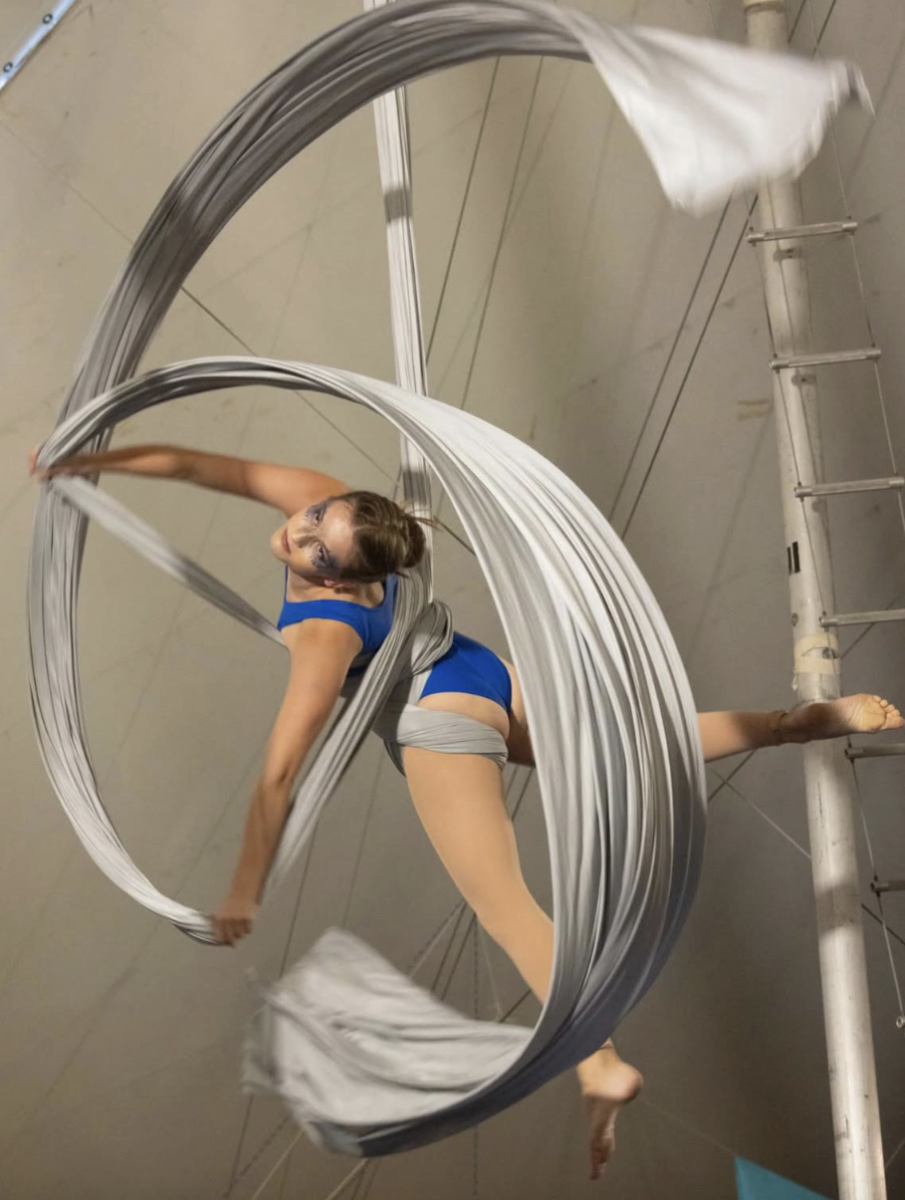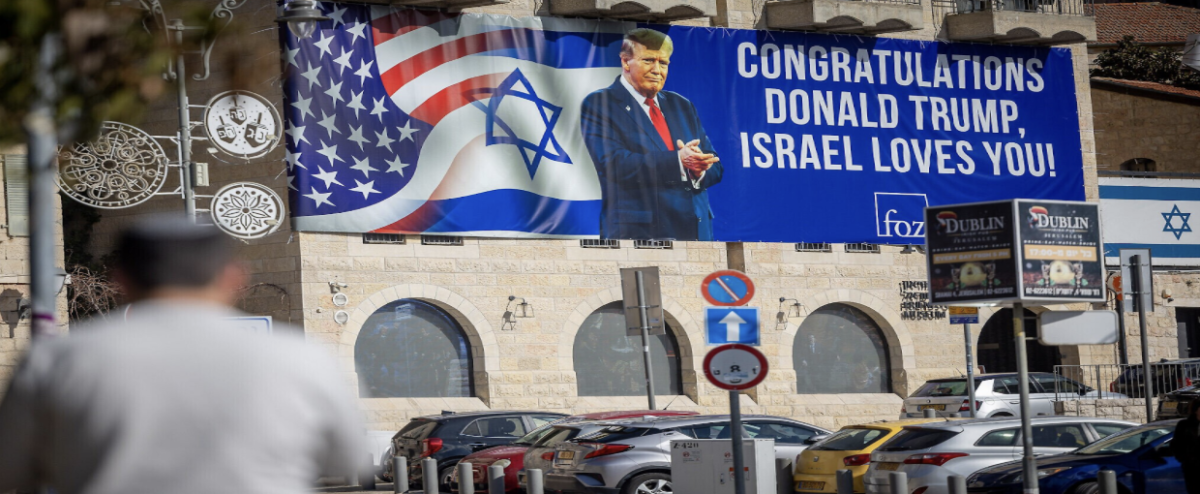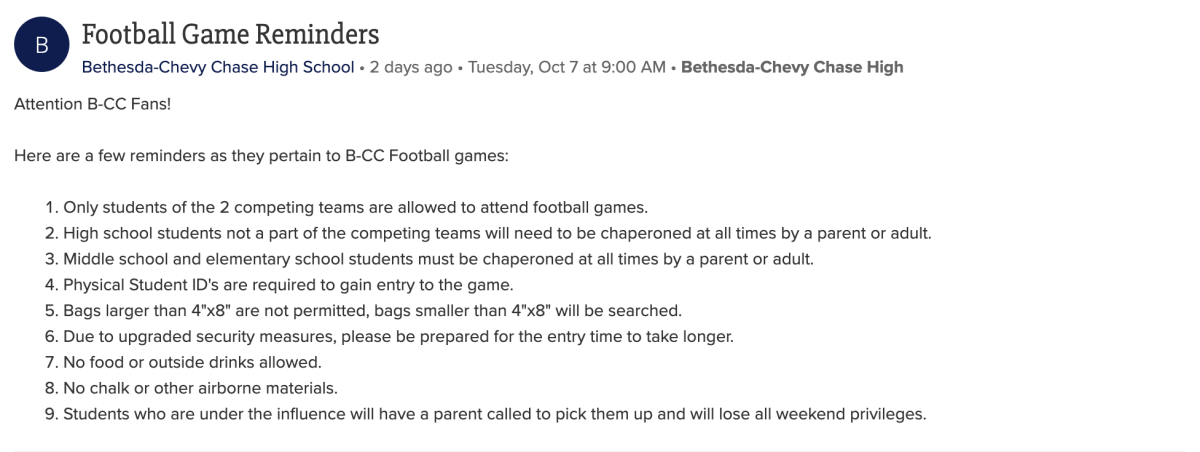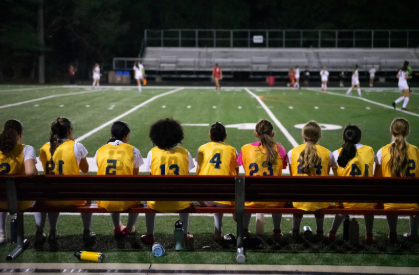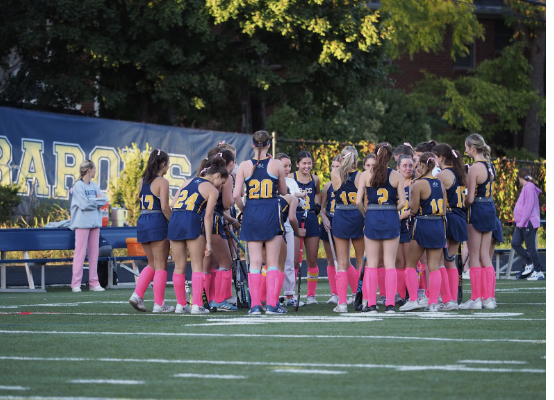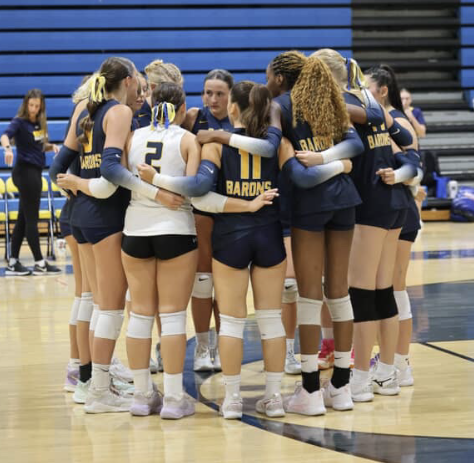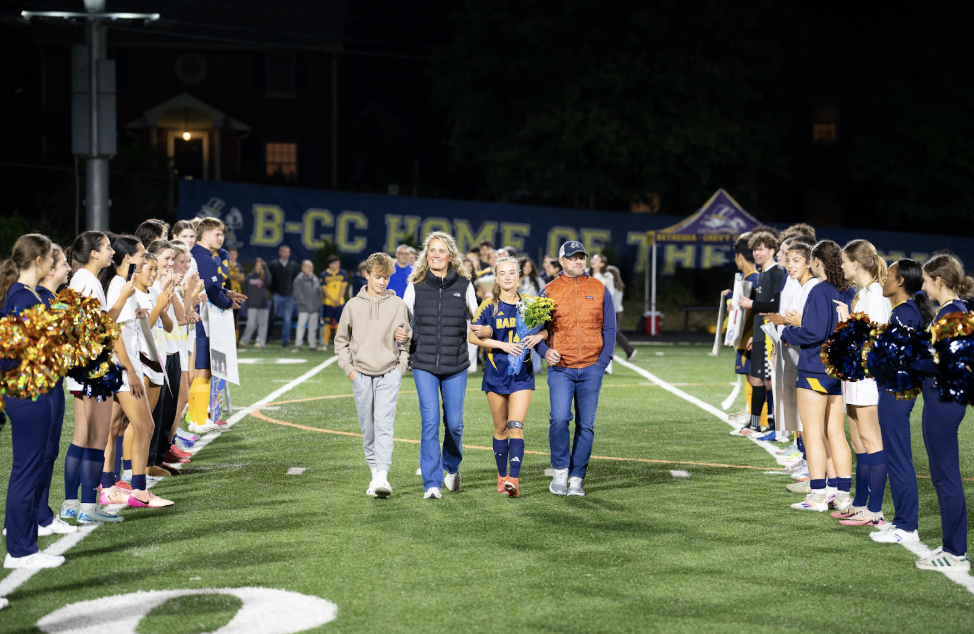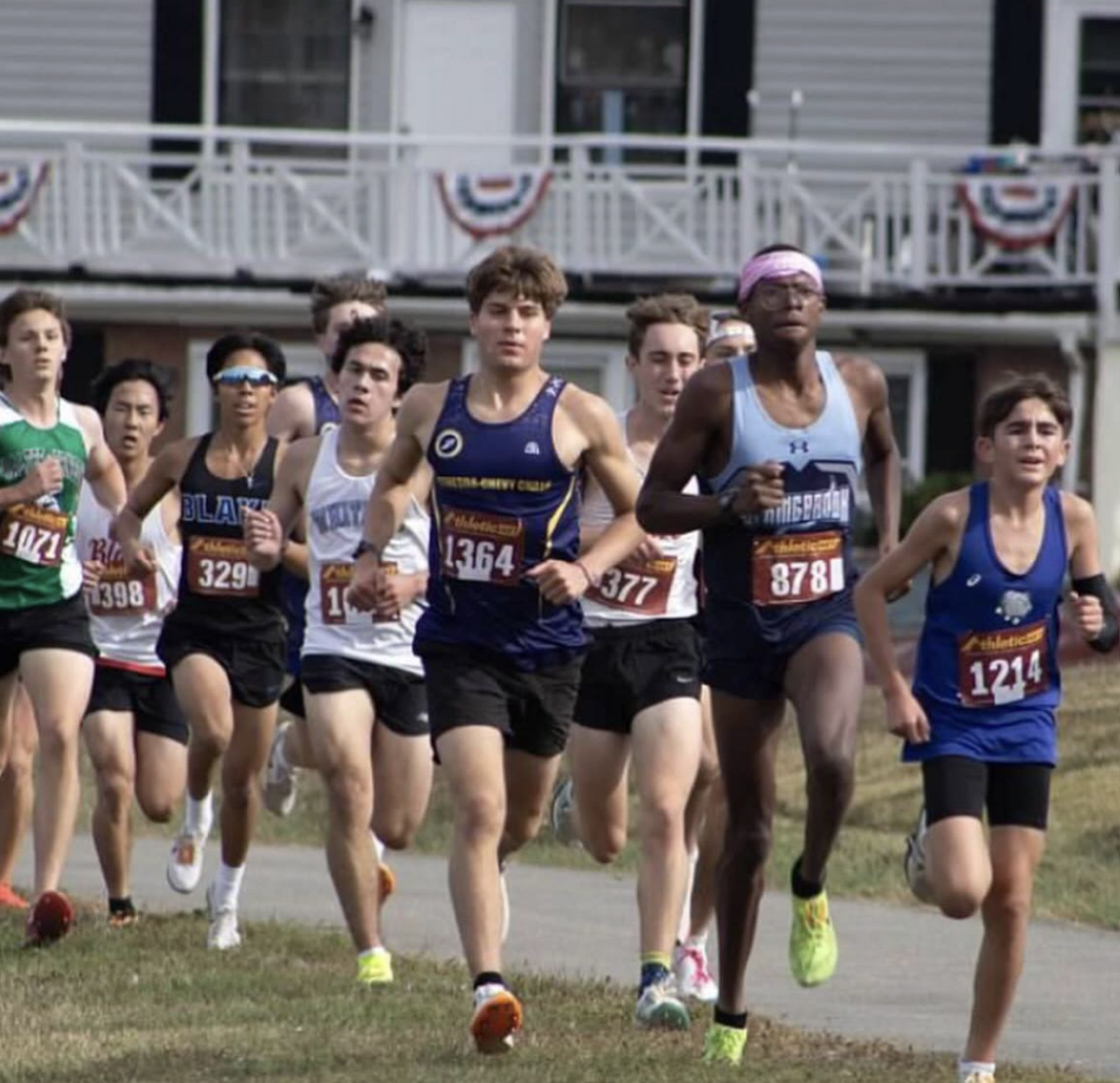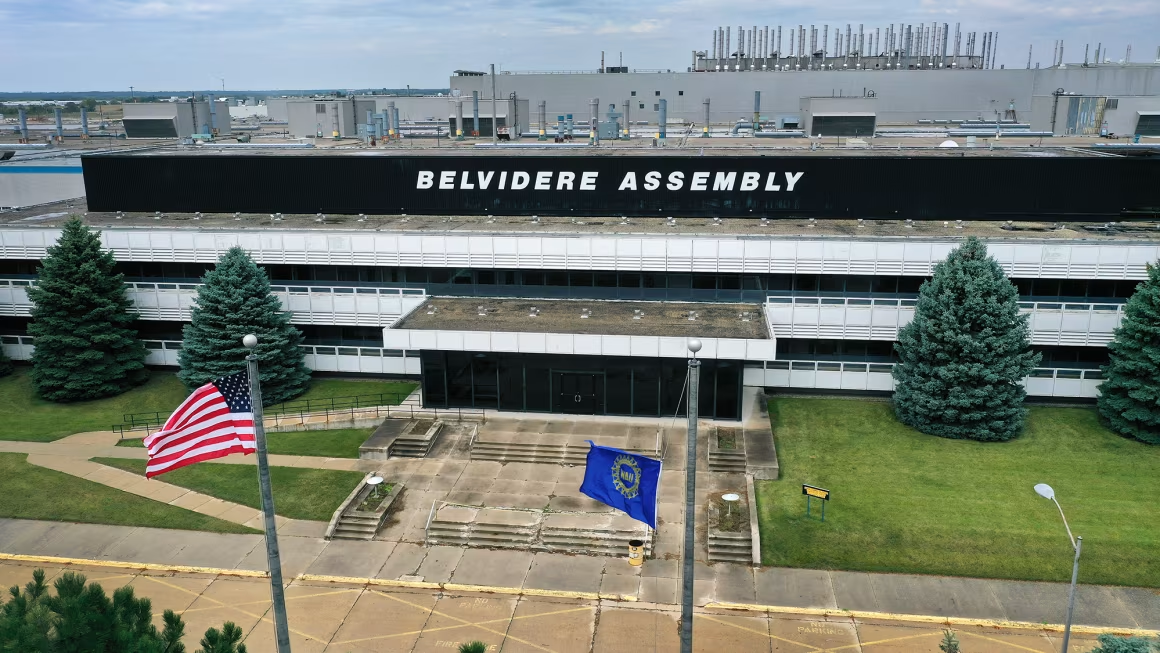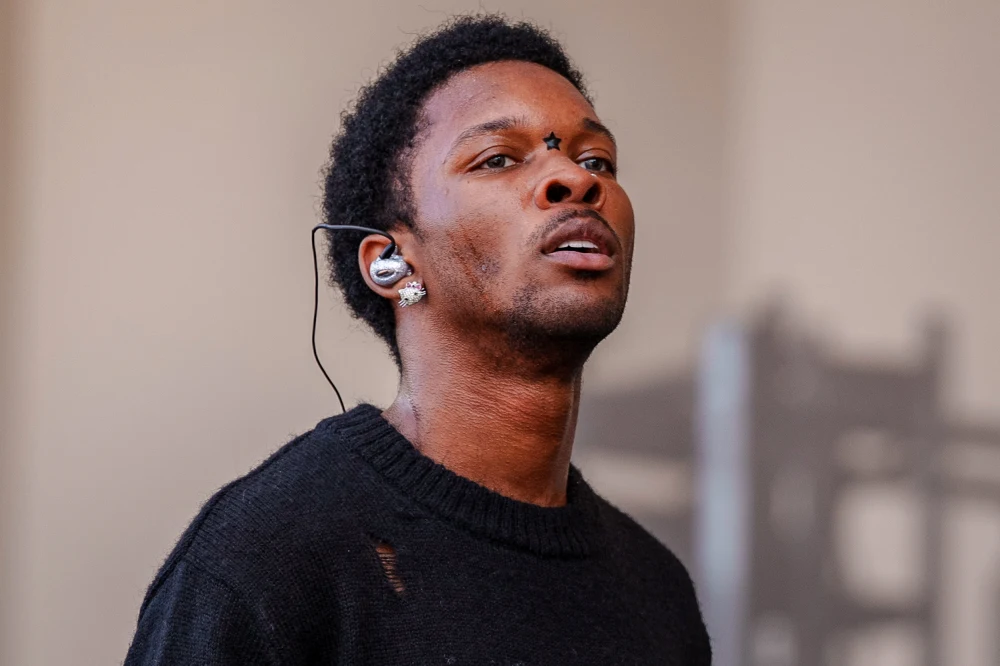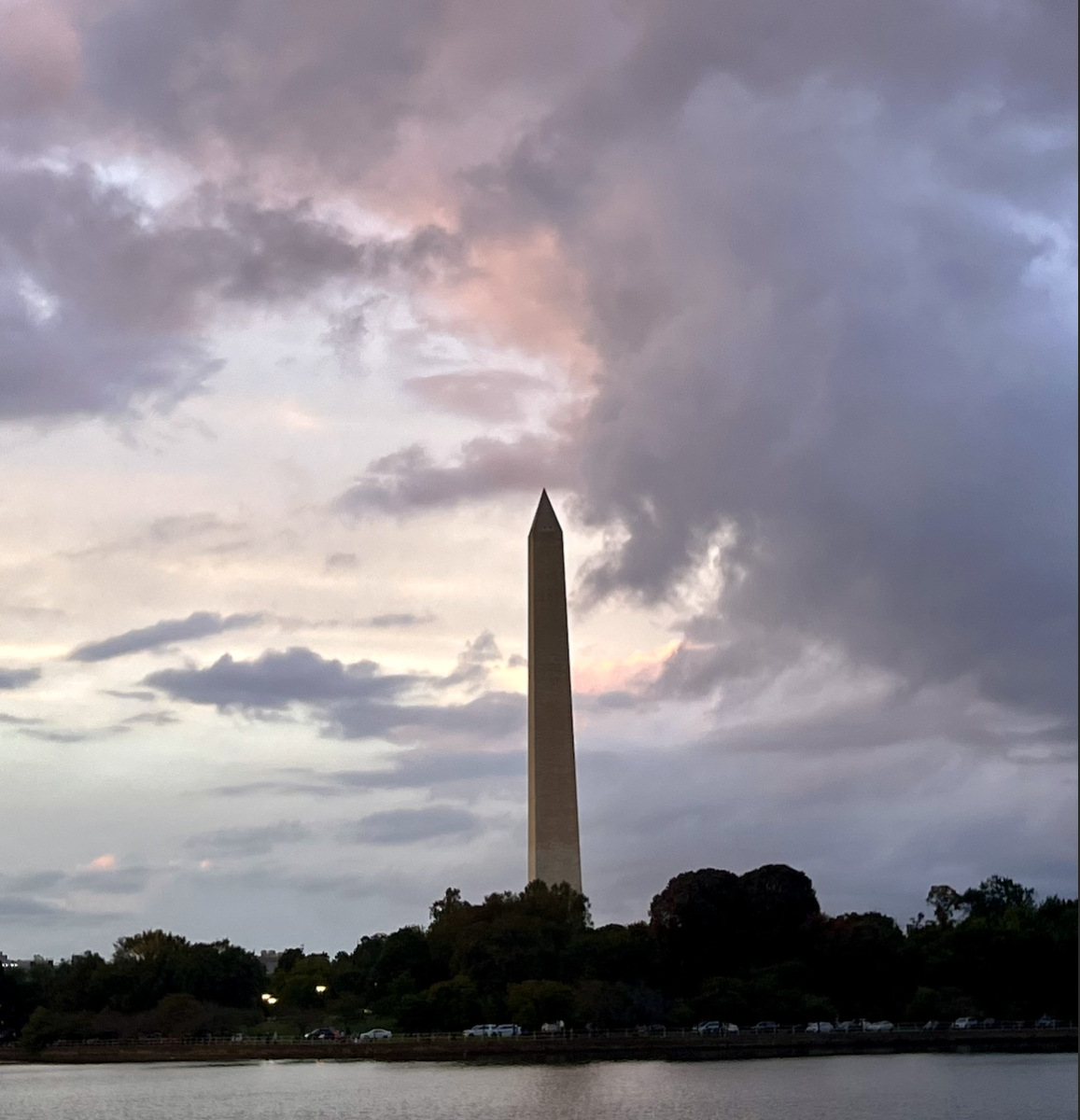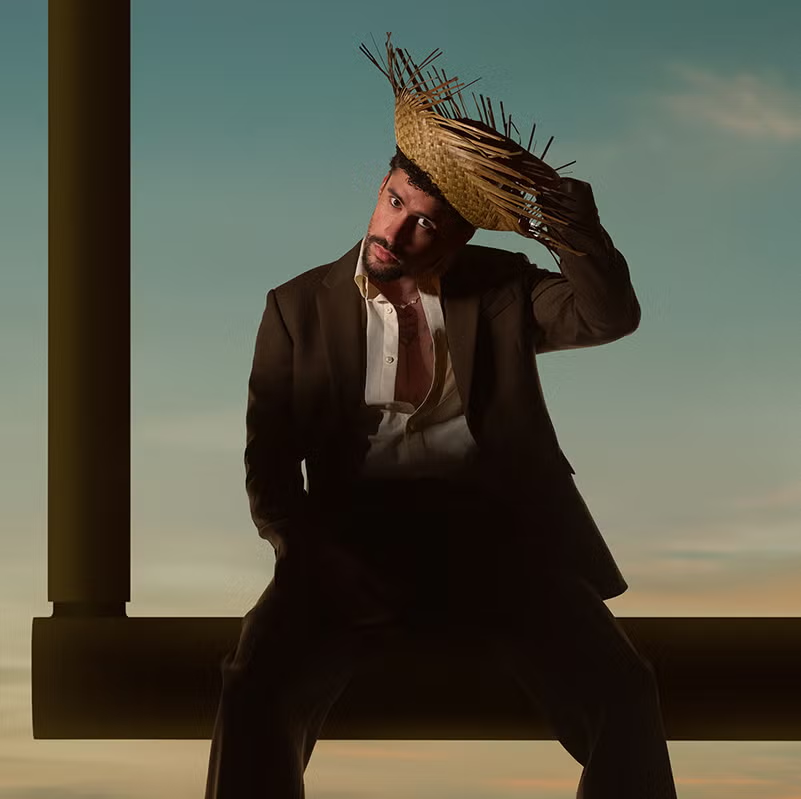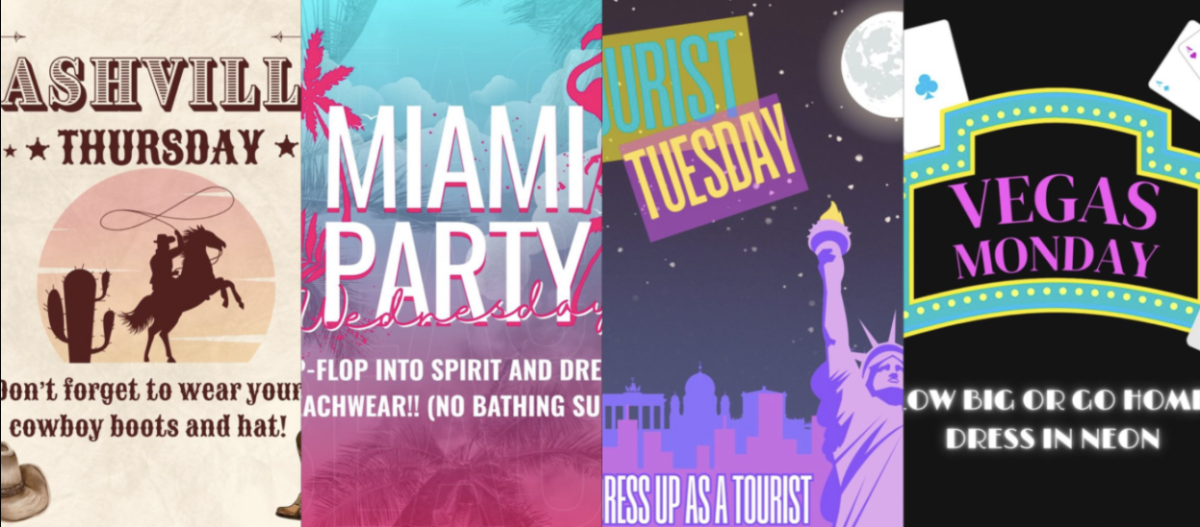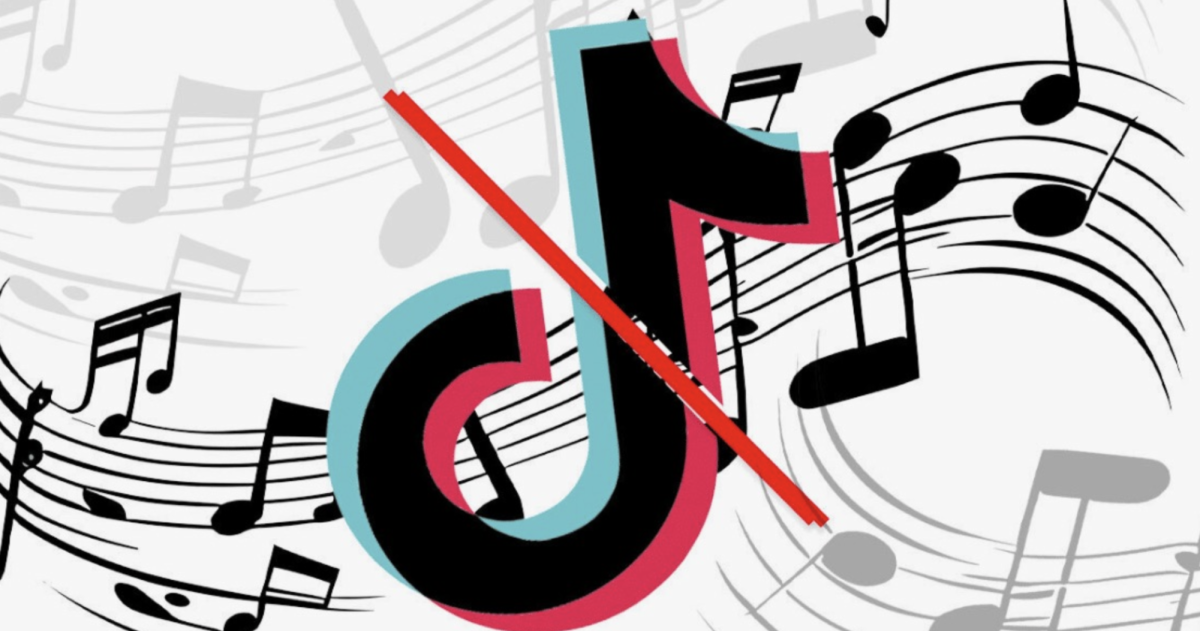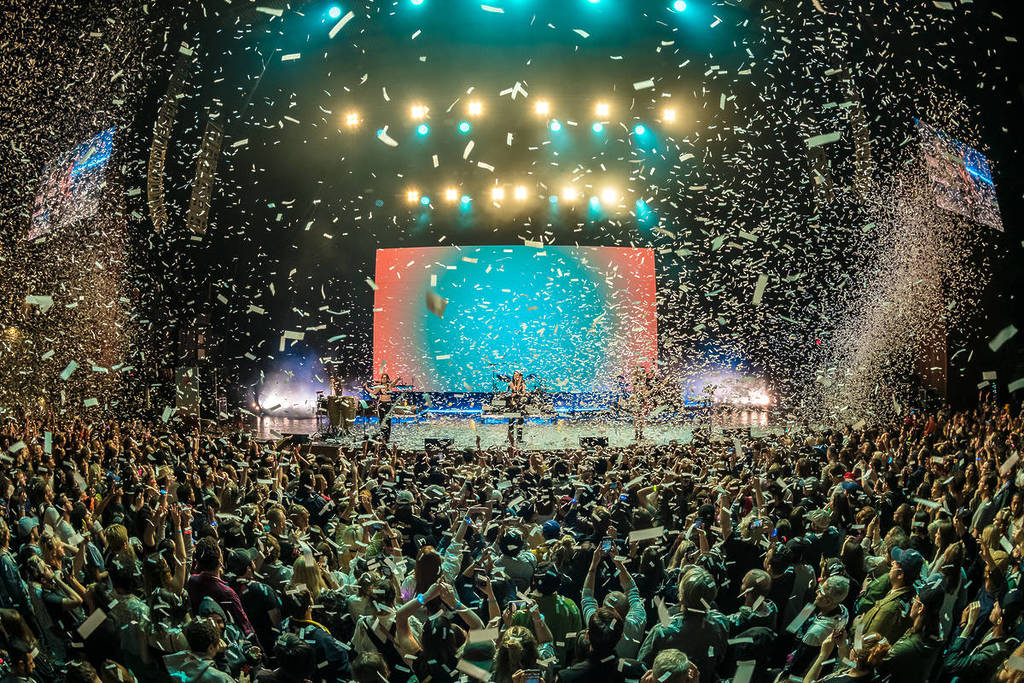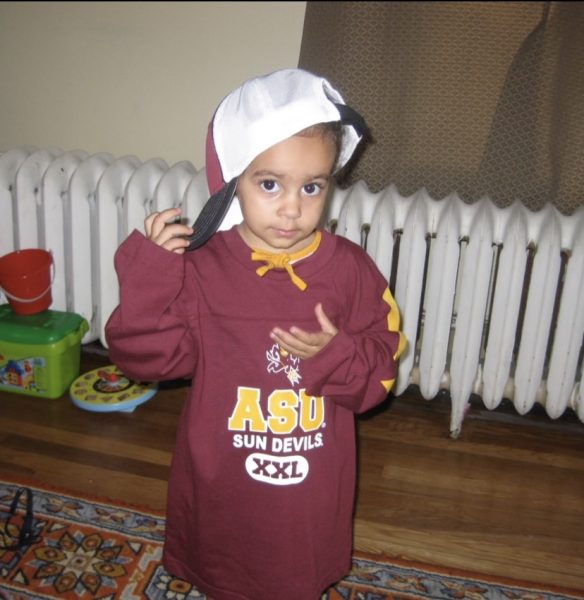This year, tragedy struck users on TikTok when all music owned by UMG was removed from the app.
UMG, Universal Music Group, is the largest music corporation in the world. It represents many popular artists like Taylor Swift, Olivia Rodrigo, and Steve Lacy. It also promotes and makes space for smaller, up-and-coming artists.
On Jan. 31, TikTok and UMG failed to renew their contract together, reducing fan favorites throughout the app into pure silence.
TikTok has played a large role in helping music from artists both new and old to become widely recognized. A song’s fame on the app could either make or break a musician.
Senior Lanham Scofield, a musician and producer at B-CC, said, “When it comes to PR, I prefer TikTok over other apps. I use TikTok as a way to get in front of as many people as possible, whereas Instagram is the place to cultivate a real following where people can know you as a person and the work you are putting out.”
TikTok’s effect on the music industry has been profound by spotlighting many popular artists, one being UMG’s own Olivia Rodrigo. Rodrigo previously made a name for herself while acting on Disney Channel. However, when quarantine struck, she surprised the world by releasing her song, “Drivers License,” to which users on TikTok took a strong liking.
With no ability for face-to-face promotion, fans discovered her music through social media, especially with its fast-rising fame on TikTok. Soon after its release, “Drivers License” found its spot at number one in the U.S. Billboard Top 100, where it stayed for the next eight weeks. Since then, she has released two albums and won three Grammys, granting her the success of a lifetime.
The success the platform affords artists leaves music lovers and TikTok users everywhere wondering: why the sudden change?
One reason may be that in addition to the success of artists, UMG prioritizes the safety and security of their artists, which has not been ensured by TikTok.
On Jan. 30, UMG released an open letter, Why We Must Call Timeout on TikTok explaining their decision. In this letter, they pointed out their two main concerns: proper compensation for artists and proper protection of their work.
TikTok does not want to pay musicians an appropriate wage for the art that is put out on the app. Universal Music Group stated, “TikTok proposed paying our artists and songwriters at a rate that is a fraction of the rate that similarly situated major social platforms pay.”
Furthermore, TikTok has neglected to respond to the harassment and harmful content violating users on the app. Some concerning cases of this that UMG has seen include pornographic deep fakes of artists.
In addition, UMG wants to protect its artists from the lack of AI policy. UMG shared, “TikTok is allowing the platform to be flooded with AI-generated recordings […] and then demanding a contractual right which would allow this content to massively dilute the royalty pool for human artists, in a move that is nothing short of sponsoring artist replacement by AI.”
“I think music is sacred; it’s art. So, I think the fact that AI can make paintings, music, and things like that online is crazy,” said Toby Zapruder, another musician at B-CC. He said, “It’s promoting an easier way to succeed, because you can have a computer make something for you.”
Protection of artists is very important, however, some would say UMG made too a bold move by completely removing their songs from the app.
Scofield said, “At this point, it is 100% necessary for artists to have an online presence. Music is built into that app [TikTok], and if you get taken off that, that is a huge disadvantage.”
Hopefully, someday, artists will be compensated accordingly in the future, considering how social media is completely reshaping the music industry today.

